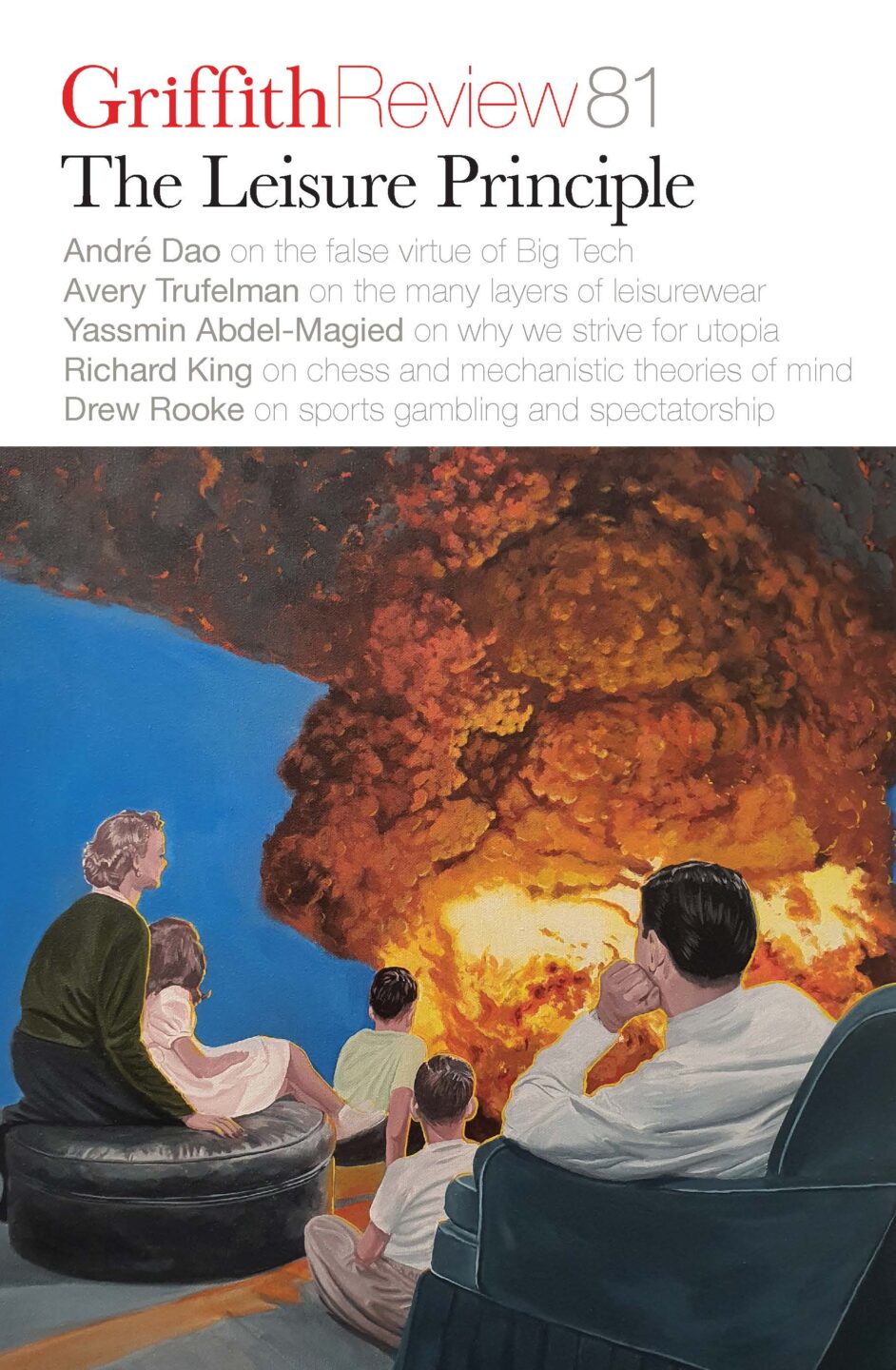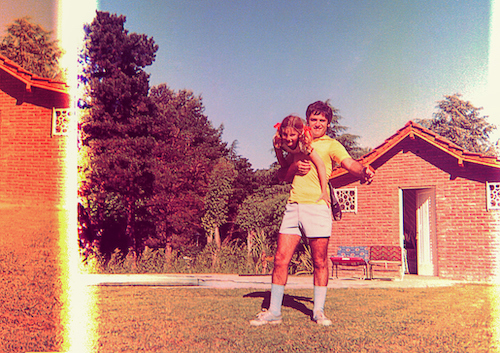Featured in

- Published 20230801
- ISBN: 978-1-922212-86-3
- Extent: 200pp
- Paperback (234 x 153mm), eBook


Already a subscriber? Sign in here
If you are an educator or student wishing to access content for study purposes please contact us at griffithreview@griffith.edu.au
Share article
About the author

Jonathan O’Brien
Jonathan O’Brien is a writer, software developer and housing advocate. He was the recipient of a Brisbane Lord Mayor’s Young and Emerging Artists Fellowship...
More from this edition

In the fullness of time
Non-fictionOur devices and data are more than extensions of our physical bodies. The so-called ‘human-centric’ approach to designing wearable and carriable devices means that they disrupt traditional divisions between work and leisure, production and consumption. It’s difficult not to feel the incursion of work-logics into leisure times and spaces as normal. Stretched for time, couples, families and friendship groups are starting to organise themselves using tools like Slack, Jira, Trello and Asana – that is, in the same way as workplaces.

Women’s work
Non-fictionIn the 1990s, increasing fiscal and social rationalisation shifted responsibility for leisure from the state to the individual and from the public to the private sphere. Leisure studies, with its emphasis on providing research and data to inform leisure quality, accessibility and access, was rationalised to enhance the ‘bottom line’ of universities that were now attuned to the pragmatic desires of industry sectors.

A night at the theatre
FictionAt the end of the play, I remain in my seat, as to stand would risk such a huge amount of pain and blood loss I am not sure I would survive. Having been allocated this ‘best available seat’ I don’t know how to leave. The actors smile in a strained way as they take their curtain call and each of them casts an eye at me. I make them uncomfortable, perched as I am on these horns. Stuck as I am while the rest of the audience applauds and exits.